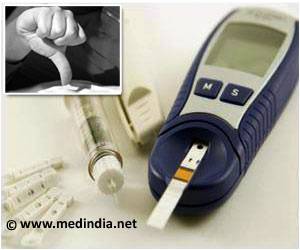Pharma giant Pfizer is opting for a massive foray into generic production. It has entered into a series of agreements with the India-based Aurobindo Pharma.
Pharma giant Pfizer is opting for a massive foray into generic production. It has entered into a series of agreements with the India-based Aurobindo Pharma.
The deal will enable the company to commercialize medicines that are no longer patent protected, and have lost market exclusivity in the United States and Europe, marking further progress in its Established Products Business Unit strategy, launched last year.Currently, Pfizer’s Established Products Business Unit has annual sales of $10 billion globally.
Under the terms of the agreements with Aurobindo, Pfizer has acquired rights to 39 generic solid oral dose products in the United States and 20 in Europe, plus an additional 11 in France. These medicines cover a broad range of therapeutic areas including cardiovascular disease and Central Nervous System disorders, and will be commercialized in the U.S. through Pfizer’s Greenstone subsidiary.
Pfizer has also acquired rights to 12 sterile injectable products in the United States and Europe. These medicines are antibiotics including penicillins and cephalosporins.
“We will dramatically change Pfizer’s Established Products portfolio to an engine of positive growth. These agreements represent solid, measurable progress, and a strong commitment to achieve our growth objectives,” said David Simmons, president & general manager of Pfizer’s Established Products Business Unit.
The global non-exclusive market represents about $270 billion with solid oral dose products representing the largest drug category. This category is anticipated to continue its rapid increase in market share and has an estimated growth potential of over $500 billion within the next five years.
These agreements are an expansion of a five-product U.S. deal Pfizer and Aurobindo entered into in July 2008. Together, the two transactions bring 44 solid oral dose products to Pfizer’s diversified existing portfolio of established brands in the U.S.
So Pfizer, which now holds about 4% of the fragmented global generics market, is trying to get a bigger piece of the growing generics pie.
Pfizer is looking at niche products such as certain hard-to-make injectable drugs, as well as new formulations, such as a form of Xanax that dissolves under the tongue, DJ Newswires reports.
This past fall, Pfizer said it was warming to the idea of building its generics business, despite the branded industry’s traditional antipathy toward generics companies whose copycat products eat into branded sales. As branded makers’ big drugs go off patent, the generics that replace them can become a steady stream of revenue, on a smaller scale. Pfizer said it expects to reap $200 million in annual sales from the recent agreements with Aurobindo by 2013.
The prevailing winds of the drug industry are blowing other drug makers in the same direction. GlaxoSmithKline recently cut a deal with a South African manufacturer to sell off-patent drugs in the developing world. Novartis’ Sandoz unit has been selling generics since before it was all the rage.
Source-Medindia
GPL/L
 MEDINDIA
MEDINDIA



 Email
Email




